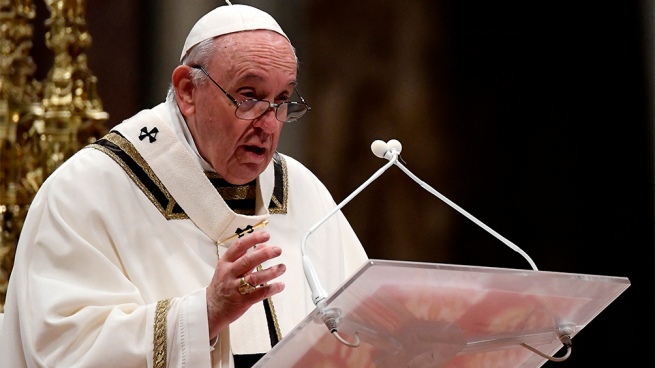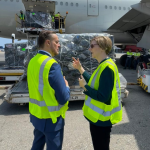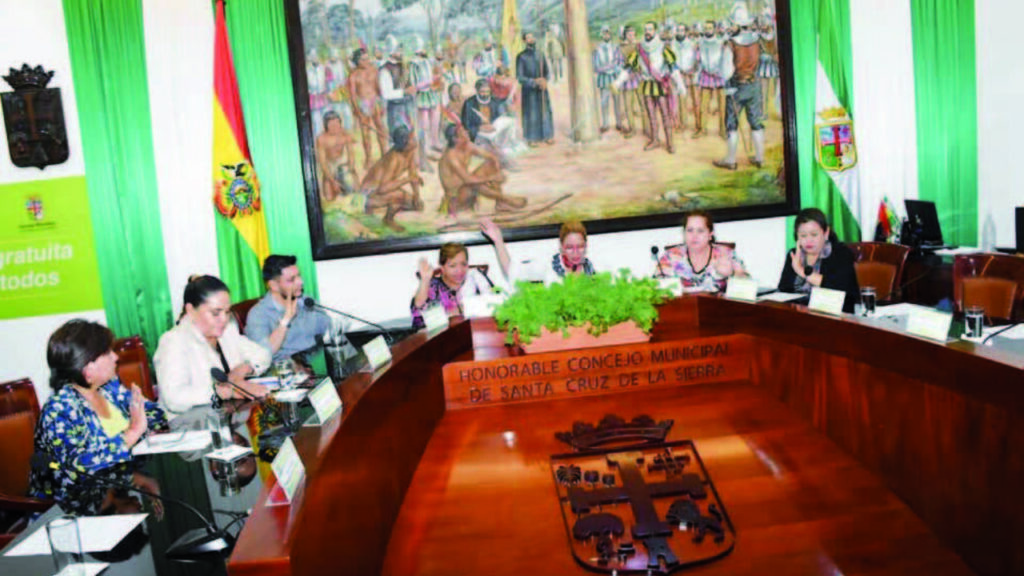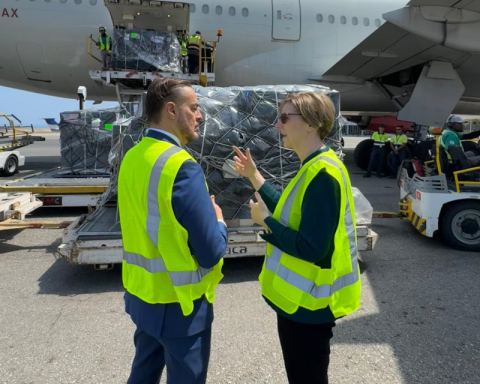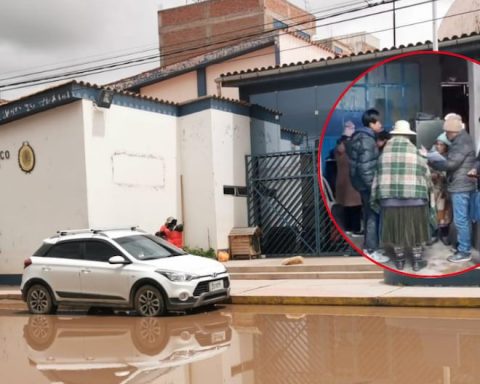Pope Francis decided to incorporate non-religious men and women who work in the Vatican to read greetings to the faithful as of Wednesday, one of the central sections of his weekly hearings, while he renewed his request to facilitate the procedures for the adoption of children.
“As of Wednesday, January 5, at the General Audience, employees, men and women, religious and laity, from some Dicasteries of the Roman Curia will also be present for the reading of greetings in different languages,” the Vatican reported. it’s a statement.
The reading of the pontifical greetings in various languages (French, English, German, Spanish, Portuguese, Arabic and Polish) was reserved for priests of the Vatican Secretariat of State.
For example, during the audience this Wednesday, the greetings in Spanish were read by Andrea Lorena Chacon, a Eucharistic missionary, instead of the usual priest in charge of greetings to the faithful of the pontiff’s language.
In the audience, the Pope dedicated his traditional catechesis to asking “institutions” to help people who want to adopt a child.
“I hope that the institutions are always ready to help in this regard, being attentive with seriousness but also simplifying the necessary process so that the dream of many little ones who need a family comes true, and many husbands who wish to give themselves in love”, raised Francisco.
In May 2019 the Pope had already regretted that “many times there are people who want to adopt children, but there is a massive bureaucracy”, as opposed to what he called to create “a culture of adoption.”
After his catechesis of the day, the Pope was honored with a circus show with more than 25 artists on stage, which -in its number of about five minutes- included a version of the classic song “The Trooper”, by the heavy metal band Iron Maiden, never played inside the Vatican.
Although the general audiences on Wednesdays were traditionally held in St. Peter’s Square, the coronavirus pandemic forced the pontiff first to cancel the participation of the public and then to move them to the so-called Nervi Room of the Paul VI Hall, a closed space within the Vatican with capacity for about 6,500 people, where they are currently being developed.
